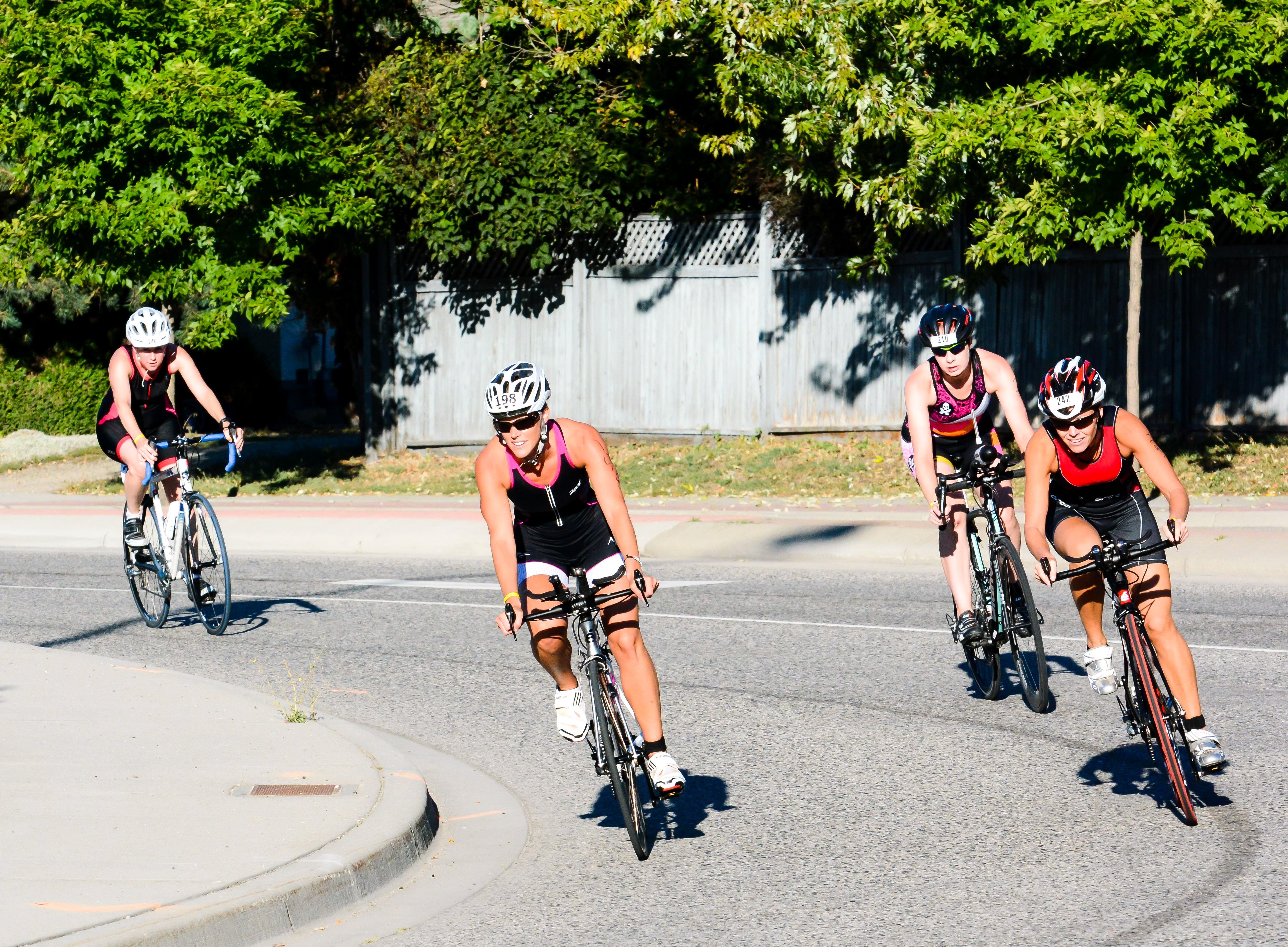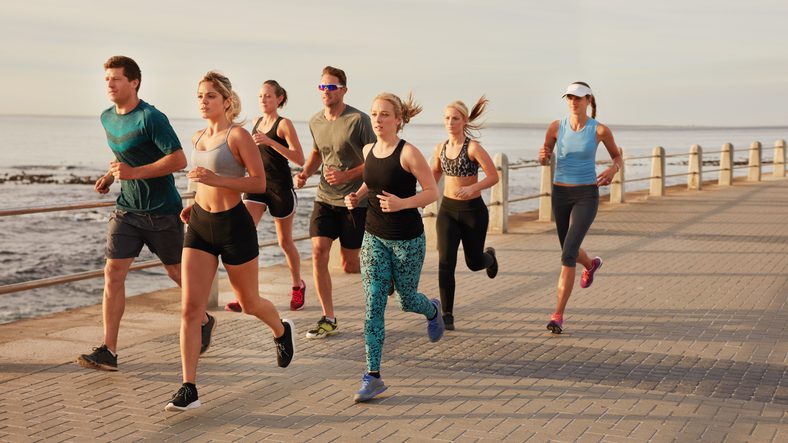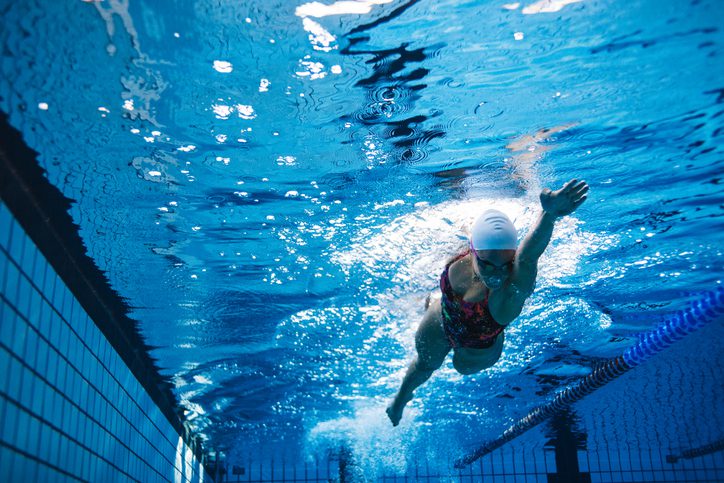How many calories does it take to burn fat and lose weight?
Burn more than you consume. Unfortunately, that's easier said than done.

If you want to burn fat and lose weight, expend more calories than you consume. Unfortunately, that’s a lot easier said than done. In fact, your body may be working against you. In a literature review published out of the University of Ottawa, researchers concluded that your body increases its drive to eat following a training session. The body’s demand for food often overcompensates for the calories burned, leading to little weight loss.
Initially reported by Selene Yeager of Bicycling.com, researchers at the UK College of Agriculture, Food and Environment set out to discover if there was a magic number that led to significant weight loss. The study was organized into two groups. One group (group one) was instructed to burn 300 calories a session (1,500 calories a week), while the second group (group two) was asked to burn 600 calories a session (3,000 per week).
As expected, all the participants compensated by eating more. Group one compensated by eating an additional 943 calories per week. Group two ate an extra 1,007 per week. Interestingly, no one in group one lost weight, but those in group two lost six pounds (average) throughout the study (12 weeks). Participants in group two also lost five per cent body fat.
So, what does a 3,000 calorie training week look like? Well, that depends a lot on your physical characteristics – height, weight and age. It’s also going to depend on how fit you are. The fitter you are, the more time and effort it takes to burn calories. Thankfully, triathletes have multiple training options when it comes to working out. Running and cycling burn the most calories per hour relative to swimming. According to the Harvard Heart Letter, a 185-pound person burns 1466 calories when running at 15 km/h and biking at approximately 30km/h. Doing lengths in a pool can burn between 600 to 900 calories per hour.
For many age group athletes, triathlon isn’t just a hobby; it’s a lifestyle. The three-sport discipline is a great way to get active and lose a few pounds in the process. So, if you’re trying to get active after a sedentary winter or training for your first Ironman, remember to prioritize nutrition and recovery with your training.



